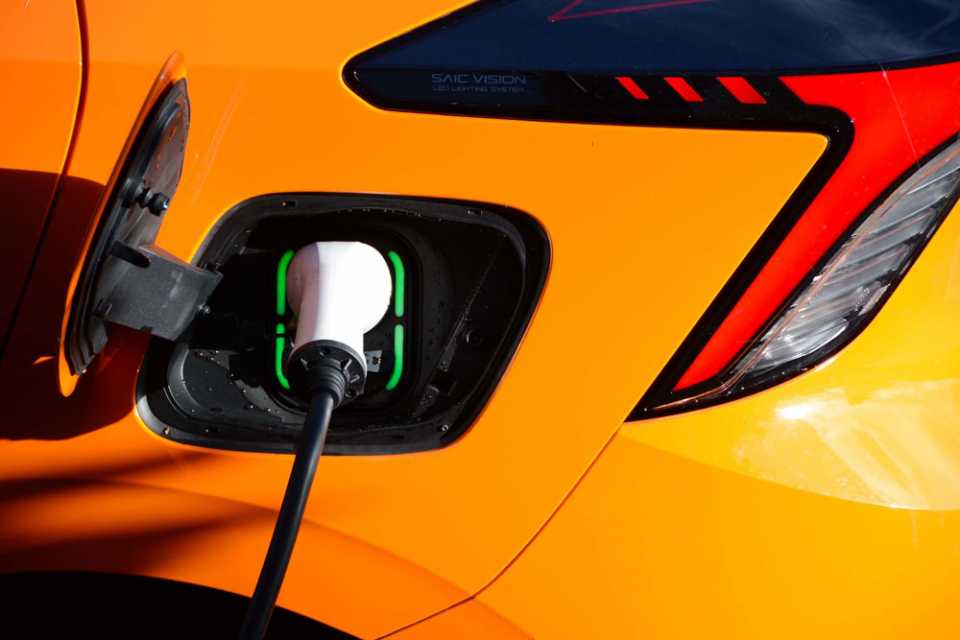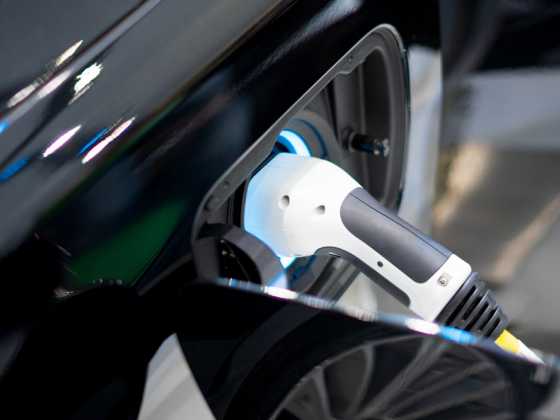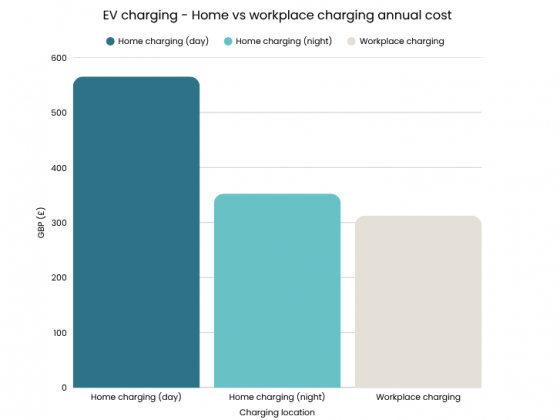448,000 new electric vehicles predicted to hit UK roads in 2023

DriveElectric is predicting that 448,000 new battery electric vehicles (BEVs) will be registered in the UK in 2023,
The figure, which does not include plug-in hybrids, represents a significant increase from 267,203 - the number of battery electric vehicles (cars and light vans) registered in the UK in 2022.
DriveElectric is predicting a 24.9% market share for BEVs in 2023 and a total market of 1.8 million registrations, translating to 448,000 BEV registrations for 2023.
DriveElectric uses its own model built from its intelligence of the UK market to forecast registrations of battery electric cars and vans each year. In its January 2022 forecast, the company predicted a 16.7% market share for BEVs in 2022, which was almost identical to the actual market share of 16.6% - although the total number of registrations of all cars and vans in 2022 was reduced due to supply challenges.
Background issues influencing the 2023 forecast include the improving availability of EVs, following ongoing vehicle shortages primarily due to semiconductor supply issues over recent years. Plus OEMs will have more capability to produce and deliver vehicles as more EV factories open around the world. Many more new EV models will arrive in the UK, with a particular increase in the presence of Chinese brands.
Other factors include the continued volatility in energy prices, which will see more people exploring ways to reduce energy costs for charging EVs, for example using solar and battery storage, with increased awareness about forthcoming vehicle to grid charging.
There will be continued accelerated expansion of the public charging network, including rapid and ultra-rapid chargers, with new operators gaining a foothold in the UK market such as Fastned, and longer term, Mercedes-Benz.
Confirmation of benefit in kind (BIK) for UK company car drivers (2% until April 2025, then rising by 1% each year to 5% in April 2028) and salary sacrifice has made for a more stable environment for businesses transitioning to EVs.
There will also be increasing numbers of battery electric heavy goods vehicles (despite predictions that this market would never develop); the challenge will be building a charging network for them.
Mike Potter, Managing Director, DriveElectric, says “EV registrations will continue to increase in 2023, as the industry recovers from challenges such as the semiconductor shortage, and as yet more new EV models come to market. Businesses will continue their enthusiastic transition to EVs, however the risk is that retail demand will be impacted by cost of living concerns.”
Looking further ahead, a Zero Emission Vehicle Mandate is due to be introduced by the UK government from 2024; even at this late stage, the full details are still not known, but the overall aim is to mandate manufacturers to sell an increasing proportion of electric vehicles each year in the lead up to the UK's 2030 ban on new petrol and diesel car and van sales in 2030.
From 2025 onwards, DriveElectric sees particularly high numbers of EV sales (around 50% of registrations). Registrations of petrol and diesel vehicles will decline naturally ahead of the 2030 ban, as people will stop buying them due to poor residual values, which means higher lease costs, and as EV prices become competitive with prices of ICE vehicles.



